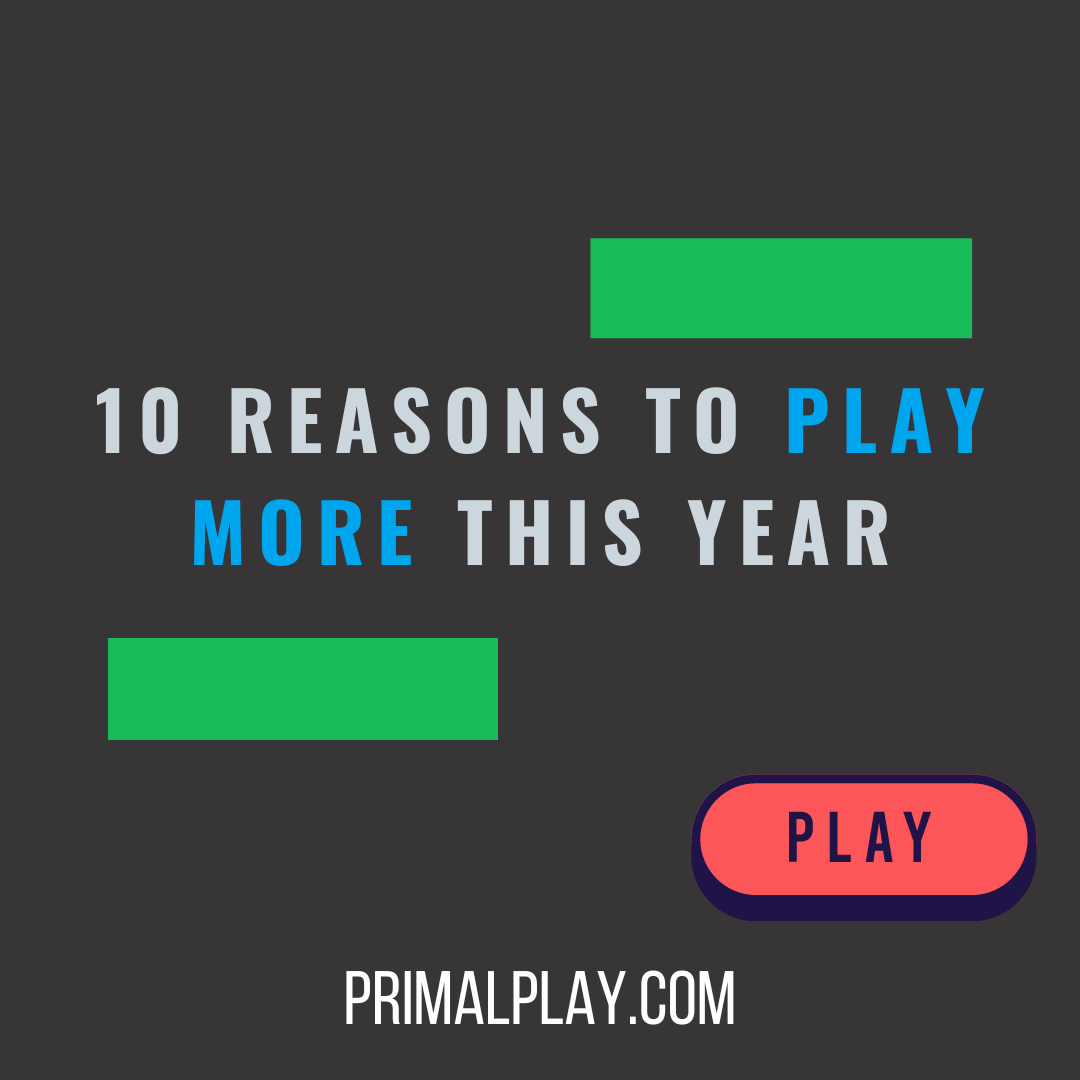Why Active Play Is For Everyone!
Why Play Is For Everyone
““Children engrossed in a make-believe world pretending to be superheroes or play fighting are not just having fun. It means everything to them at that moment.””
IS ACTIVE PLAY JUST ABOUT THE PHYSICAL ACTIVITY?
When you think of people playing outside, do you usually think of people who are fit and in good physical shape?
While it’s easy to focus on the athletic and physical aspects of active play, the benefits of play behaviour are not restricted to children or adults who are athletic. That’s because the psychological and social benefits of play are just as valuable as the physical.
Studies have shown that children participating in structured sports do better in school, have greater self-esteem and build better relationships with peers and adults. Think of this as the social cohesion aspect of play. In short, play encourages other behaviours and thoughts that have nothing to do with the physical or athletic elements of play.
BUT SPORT ISN’T FOR EVERYONE
The problem is that, for some of us, exercise and sport is tainted with experiences of isolation, loneliness and exclusion. At some point, “play” and “sport” became synonymous with each other. Not getting picked for a sports team became equivalent to not being given permission to play.
And not being perceived to be athletic became an excuse for not engaging in play; instead, it became a source of pain and isolation on the playground, perhaps due to the taunts or comments of other children and unfortunately even adults. But fortunately play is far more than getting involved in sports.
RELATED: What Is The Primal Play Method?PLAY IS SERIOUS
Play is serious business. Children engrossed in a make-believe world pretending to be superheroes are not just having fun. It means everything to them at that moment. However, as we get older, we no longer permit ourselves to play. You may look at a tree and would love to climb it but when did you last do so?
Concerns about family or work often crowd out any opportunities for pure, unbridled play. For many adults, seeking to reclaim the spontaneous, light-hearted laughter and the wonderful feeling of being in the moment is often viewed as frivolous. Or, even worse, these thoughts dredge up painful childhood memories and make us take a step back.
In short, it’s often a mental, not a physical, barrier that keeps us as adults from engaging in play. The act of being playful can be as simple as welcoming your inner child in rather than shutting them down.
RELATED: Developing A Growth Mindset Through PlayEMBRACE YOUR INNER CHILD
It’s important to realise that the same benefits that accrue as the result of play in our childhood years also accrue to us as adults. Even something as simple as taking time for a joyful bike ride in the park or playing on the beach can make us feel better about ourselves and more engaged with life around us. Get outside and play in nature like it’s your playground!
And, more importantly, play re-creates the same type of social benefits as when we were children. We can give ourselves back the “permission” to play when we realise how it can help us build bonds with friends, neighbours, co-workers or family members. And we can prioritise this play in our lives when we see how it makes us mentally healthier and happier. Being engaged in play helps to release those mood-enhancing hormones that help you feel good.
By focussing on the way you feel and think while we are doing something, rather than the activity itself, is one way to determine whether you are playing or not.
DO SOMETHING DIFFERENT AND MAKE YOURSELF SMARTER
Research has shown that using the opposite hand to normal can strengthen neural connections in the brain. For example, if you are right-hand dominant use your left-hand. This even helps to make you smarter too.
The easiest way to do this is to practise using the other hand to do activities you wouldn’t normally do with it. This challenges the brain, making it work harder and, therefore, creates new neural connections. Use the ‘wrong’ hand more often.
Everything from eating using a fork in the wrong hand or using a computer mouse can do this. Get into the habit of brushing your teeth every night using your non-dominant hand and stand on one leg at the same time to create a balance challenge too.
RELATED: Move Animal Train HumanPLAY IS ACCESSIBLE
In short, play is one of the most accessible and enjoyable activities that can bring you into contact with what makes you feel great. And the good news is that you don’t need any special or expensive equipment to play. In fact, it’s often better if you improvise on the spot, using your memories from childhood to guide you. Laughter is a vital part of this experience too.
Getting people to have fun should not be a forced activity. You shouldn’t have to schedule it or make it part of the daily routine. But it this overly driven, chronically stressed environment a regular play prescription might be just what is needed. The full power of play occurs when it’s unscripted, flowing, and organically connected with the natural surroundings around you but it might take you a little while to get there.
Remember: play is for everyone, regardless of athletic ability—the social and psychological benefits of play are just too great to ignore.
RELATED POSTS:
Play is for everyone, regardless of age, ability, disability or skill level.









